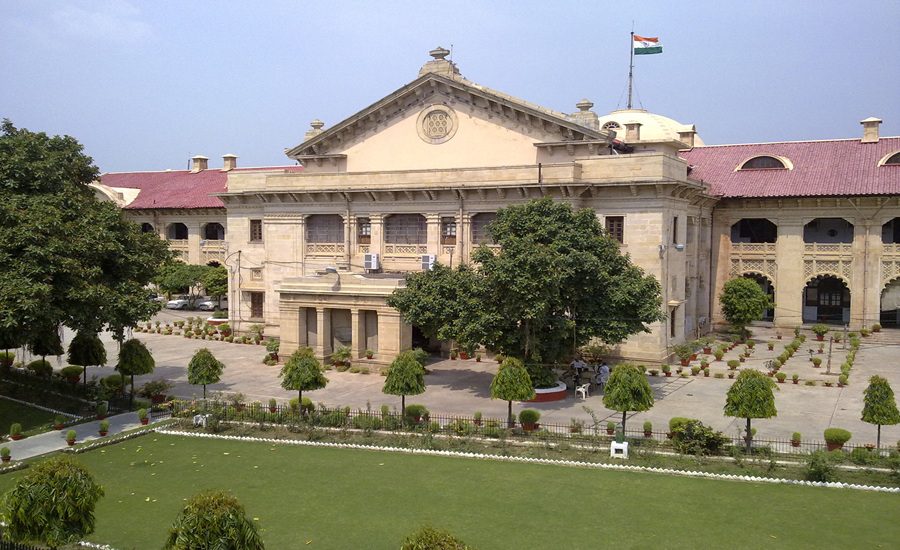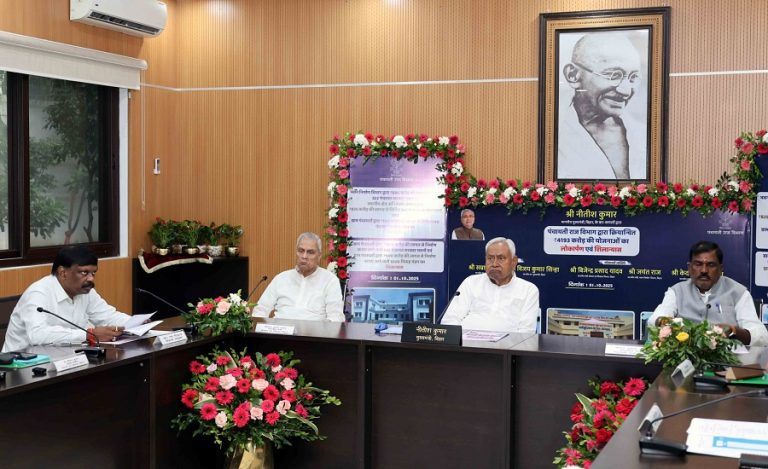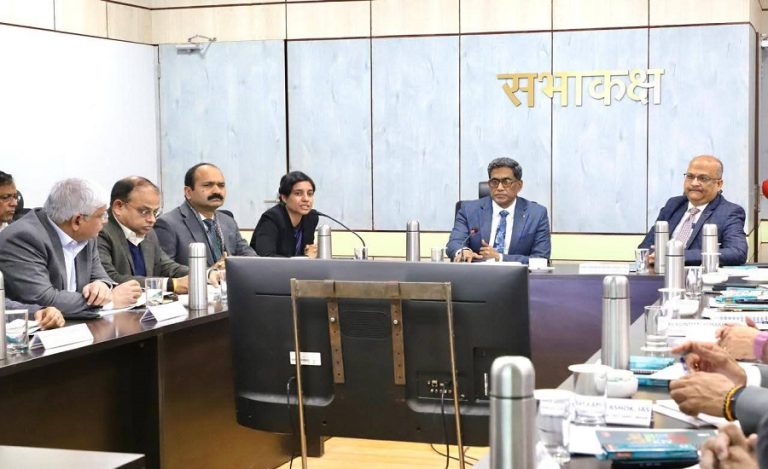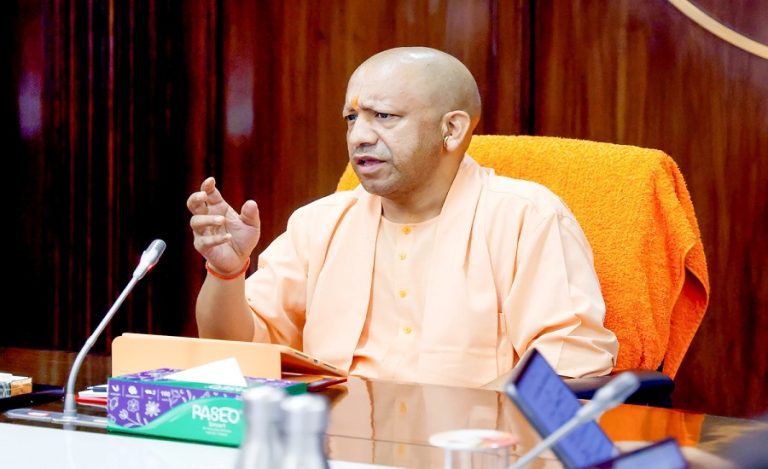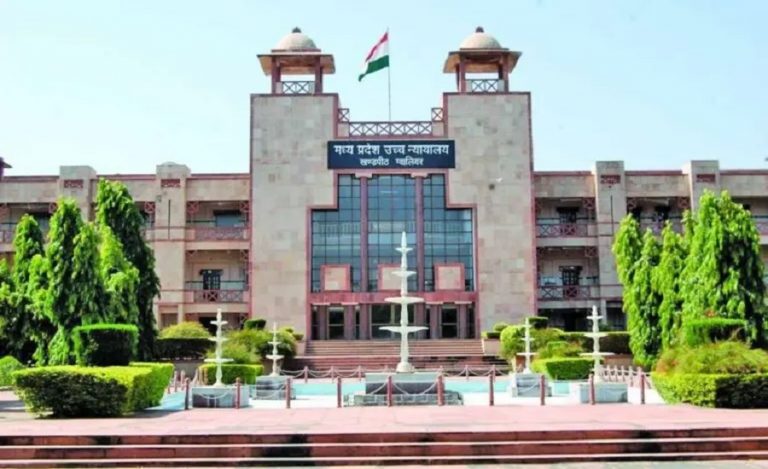Lucknow/ Prayagraj: The Allahabad High Court (including its Lucknow Bench) has taken a noteworthy step by designating 90 advocates as Senior Advocates. Among them are five women, marking a meaningful inclusion in one of the largest recent batches for the court.
This decision not only recognises legal talent and long-standing advocacy but signals the judiciary’s push for diversity and merit-based elevation.
Background of the Story
Under the provisions of the Advocates Act, 1961 and the guidance of precedent (such as in the Indira Jaising v India decision), designation as Senior Advocate is an honour conferred by High Courts on advocates who have displayed exceptional ability, standing at the bar, or specialised knowledge and experience.
According to reports;
- Prior to this designation, the Allahabad bench had 108 Senior Advocates as on 5 May 2025.
- The Lucknow bench had 32.
- This new batch is one of the largest—63 from the Allahabad bench were listed, with 27 from the Lucknow bench.
Read Also: JJ Act Shockwave: Allahabad High Court Rules Child Welfare Committee Can Only Report, Not Order FIR
The full-court meeting unanimously approved the designations, reflecting institutional consensus.
Importance of Allahabad High Court Senior Advocate Designation
For the Advocates: Being designated a Senior Advocate elevates an advocate’s professional status, bringing with it recognition and prestige in legal circles.
These advocates have demonstrated sustained legal practice, excellence in their field, and often substantial contributions (including before tribunals like the Central Administrative Tribunal).
Many of the designated lawyers currently practise before the Allahabad and Lucknow benches of the High Court—and some before the Supreme Court.
For the Institution & Legal Profession: The court’s move highlights a push towards acknowledging experienced advocates and strengthening the bench-bar interface.
The inclusion of five women advocates signals incremental progress on gender diversity in a traditionally male-dominated bar.
With a large cohort being elevated simultaneously, it reflects the court’s readiness to recognise a broad group of practitioners rather than a trickle-feed approach.
Noteworthy Highlights from the List
- Among the names listed; Alka Verma (woman), Anita Tripathi (woman), Archana Singh (woman) and others.
- The Lucknow bench alone contributed 27 names in this batch.
- The cumulative effect is that the combined strength of Senior Advocates at the Court has grown significantly.
What Makes a Senior Advocate?
Senior Advocates are selected on criteria such as: proven legal ability, standing at the Bar, specialised knowledge or experience in law, professional integrity, and contribution to the legal system.
The designation is more than a title—it is a recognition of seniority and quality of practice.
At the same time, Senior Advocates often come with specific procedural privileges and professional expectations (though these may differ across courts).
Why This Matters
- For clients and litigants, Senior Advocates often signal higher‐tier expertise and may influence choice of representation.
- For the legal fraternity, such designation serves as motivation and sets a benchmark for younger lawyers.
- Institutionally, this move may contribute to strengthening the bench-bar relationship, enhancing quality of representation, and elevating the profile of the court.
- From a diversity perspective, while the number of women remains few (5 out of 90), the step is nonetheless meaningful and sets the tone for further inclusion.

